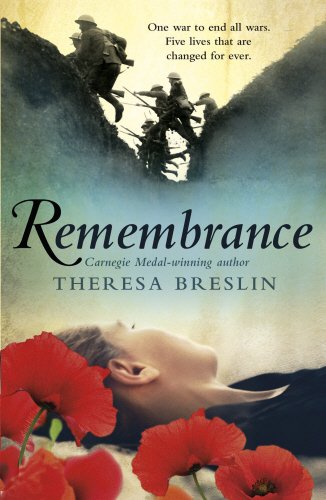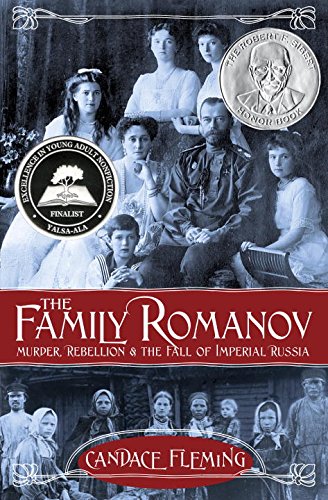The Christmas Anna Angel by Ruth Sawyer, illustrated by Kate Seredy. Viking Press, 1944. (Christmas in Hungary, c.1918)
“Here is one of those heart-warming tales that never grow old but take their place on the Christmas shelf to become year after year a part of the family Christmas. Ruth Sawyer heard the story from a friend named Anna, whose little girlhood was spent on a Hungarian farm where her own Christmas Anna Angel came to her. Miss Sawyer’s text and Kate Seredy’s lovely drawings retell the tale with a feather-light touch that would not brush away the loveliness of a dream or of a little child’s belief in Christmas.
~New York TImes

This book is absolutely beautiful. The story is great, but the text combined with the illustrations make the book a children’s masterpiece. Miklos and his older sister Anna are growing up on a farm during the later years of World War I. The book begins on St. Nicholas Eve, “the day that begins the Christmas time,” and ends on Christmas Day. In between, Anna tells Miklos about Christmases past, before the war, when there was plenty of flour and honey and eggs and fuel for the baking of Christmas cakes to hang on the Christmas tree. And as the children welcome St. Nicholas on his day, celebrate St. Lucy’s Day, and wonder at the marvels of the Christmas Eve celebration, Anna maintains her faith that the angels in heaven, especially her own Christmas Anna Angel, will see to the baking of Christmas cakes in spite of the war conditions and privations.
This story is Hungarian Catholic in its culture and setting; Protestant readers may have to explain about talking and praying to saints and going to Mass on Christmas Eve. However, it’s also a very Christian book, with an emphasis on the true wonder and meaning of Christmas and the coming of the Christ Child while holding onto a child’s ability to imagine and embroider even in wartime. I wish I could send a copy of this story to every child in Ukraine this Christmas, along with a copy of the gospel of Luke, to give them hope and imagination and joy in their time of war.
Whatever war or harshness is in your life this Christmas, I wish for you, too, some hope and joy and Christmas cakes. If you get a chance to read The Christmas Anna Angel this Christmas and you like it, I recommend Kate Seredy’s books, The Good Master and The Singing Tree, both also set before and during World War I in Hungary and quite reminiscent of Ruth Sawyer’s Christmas story.






